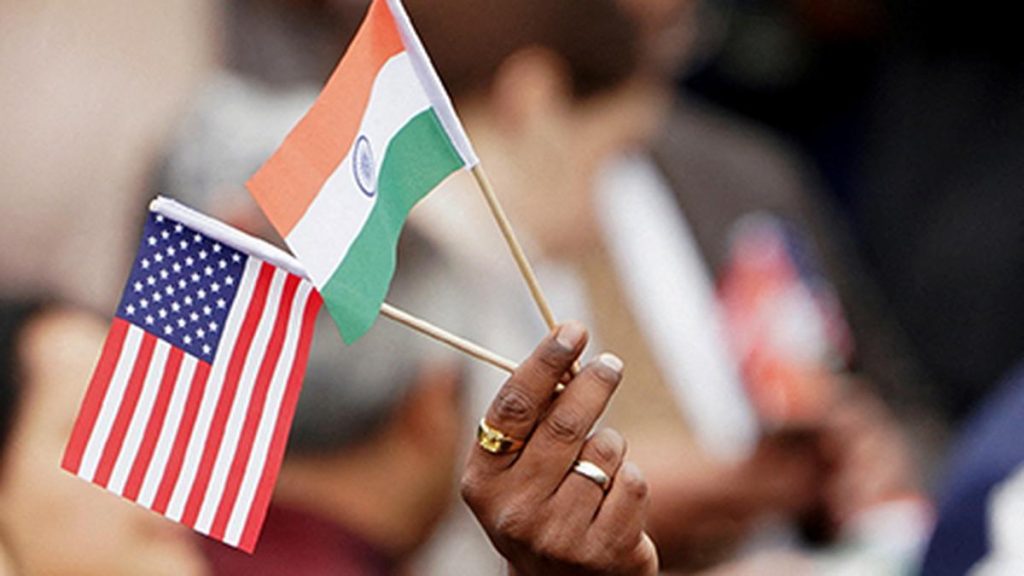Now Reading: Measles in the US: A Resurgence Amid Rising Concerns?
-
01
Measles in the US: A Resurgence Amid Rising Concerns?
Measles in the US: A Resurgence Amid Rising Concerns?

Speedy Summary
- Teh measles vaccine, developed over 50 years ago, is the most effective way to prevent measles. Though, increasing personal exemptions for school vaccine mandates threaten its success.
- Texas has high exemption rates in areas like Gaines County,where recent outbreaks have occurred. Experts warn about clusters of unvaccinated individuals enabling disease transmission despite overall population immunity being high.
- Measles is highly transmissible; 95% community vaccination coverage is required for herd immunity.
- Vaccination policies that improved coverage in the U.S. included introducing a second dose suggestion and making vaccines affordable via programs like Vaccines for Children.
- The U.S. achieved measles elimination in 2000 but outbreaks reoccur due to misinformation-driven anti-vaccine activism and social media influence fueling distrust in vaccines.
- Some states have succeeded in eliminating non-medical exemptions (e.g., California, Maine), raising vaccination rates within low-immunization areas.
- Legislative proposals expanding vaccine exemptions threaten gains made toward higher immunization standards; experts fear declining vaccination levels could lead to preventable deaths.
Indian Opinion Analysis
India faces unique but comparable challenges regarding vaccine hesitancy that can inform local health policy planning from international lessons observed here. Measles remains a persistent problem globally due to misinformation undermining public trust-a challenge amplified by social media influence reported prominently as drivers behind recent U.S. outbreaks.Given India’s ongoing efforts through universal immunization programs targeting diseases including measles-rubella under Mission Indradhanush campaigns achieving broader targets nearer sustained measurable themes wherever operationalization succeeds scientifically evidence may arm necessary outreach current national preparedness delivery systemuoj>”.!!.
























